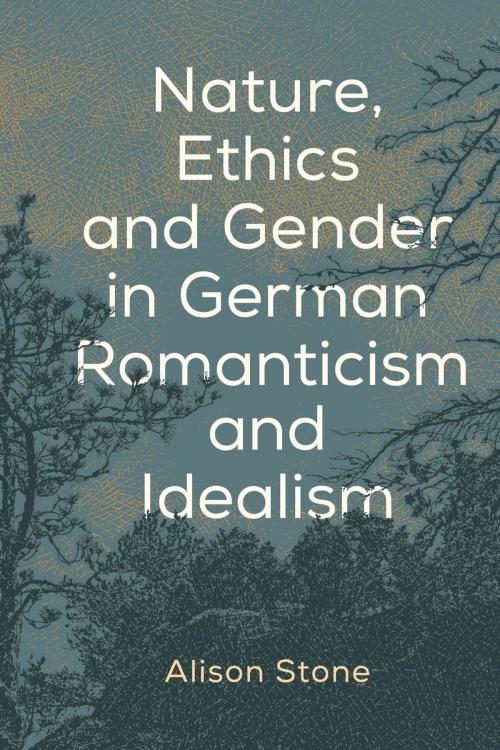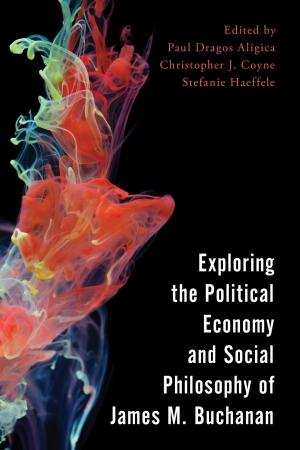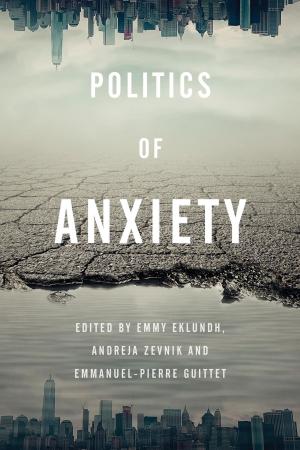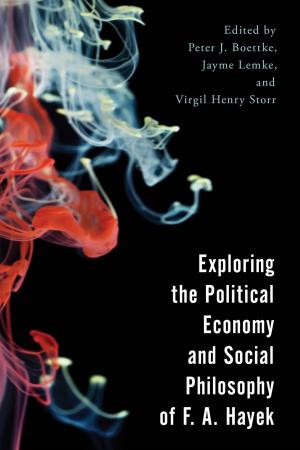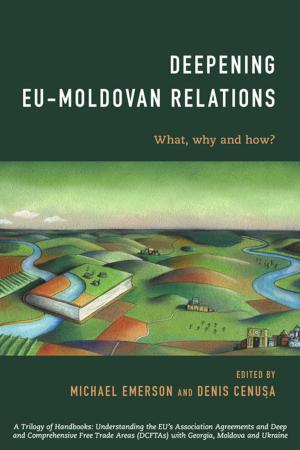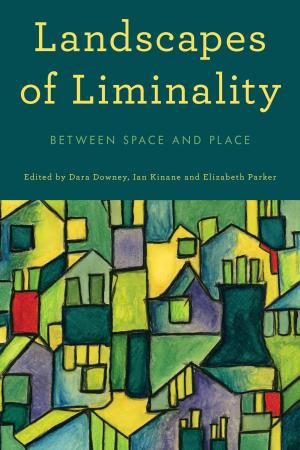Nature, Ethics and Gender in German Romanticism and Idealism
Nonfiction, Religion & Spirituality, Philosophy, Ethics & Moral Philosophy| Author: | Alison Stone | ISBN: | 9781786609199 |
| Publisher: | Rowman & Littlefield International | Publication: | October 25, 2018 |
| Imprint: | Rowman & Littlefield International | Language: | English |
| Author: | Alison Stone |
| ISBN: | 9781786609199 |
| Publisher: | Rowman & Littlefield International |
| Publication: | October 25, 2018 |
| Imprint: | Rowman & Littlefield International |
| Language: | English |
This book provides an account of the development of ideas about nature from the Early German Romantics into the philosophies of nature of Schelling and Hegel. In clear and accessible language, Alison Stone explains how the project of philosophy of nature took shape and made sense in the post-Kantian context. She also shows how ideas of nature were central to the philosophical and literary projects of the Early German Romantics, with attention to Friedrich Schlegel, Novalis and Hölderlin. Stone advances a distinctive, original perspective on Romantic and Idealist accounts of nature and their ethical implications regarding human-nature relations and intra-human political relations, especially but not only around gender and race. The book demonstrates how these approaches to nature have contemporary relevance to a range of current debates such as those over naturalism, the environmental crisis, and the politics of gender, race and colonialism.
This book provides an account of the development of ideas about nature from the Early German Romantics into the philosophies of nature of Schelling and Hegel. In clear and accessible language, Alison Stone explains how the project of philosophy of nature took shape and made sense in the post-Kantian context. She also shows how ideas of nature were central to the philosophical and literary projects of the Early German Romantics, with attention to Friedrich Schlegel, Novalis and Hölderlin. Stone advances a distinctive, original perspective on Romantic and Idealist accounts of nature and their ethical implications regarding human-nature relations and intra-human political relations, especially but not only around gender and race. The book demonstrates how these approaches to nature have contemporary relevance to a range of current debates such as those over naturalism, the environmental crisis, and the politics of gender, race and colonialism.
